Wait, Does My Tongue Really Matter?
Let’s start with a relatable moment: You’re halfway through a date, feeling good, nodding along as your date raves about homemade kimchi… and, suddenly, you catch yourself wondering, “Was my breath weird when I laughed?” I’ve been there (multiple times). But here’s the twist: That moment of low-key panic isn’t just about fresh breath—your tongue is kind of ground zero for way more, including your gut health. Yep, scraping that awkward white film might just be your digestion’s new BFF.
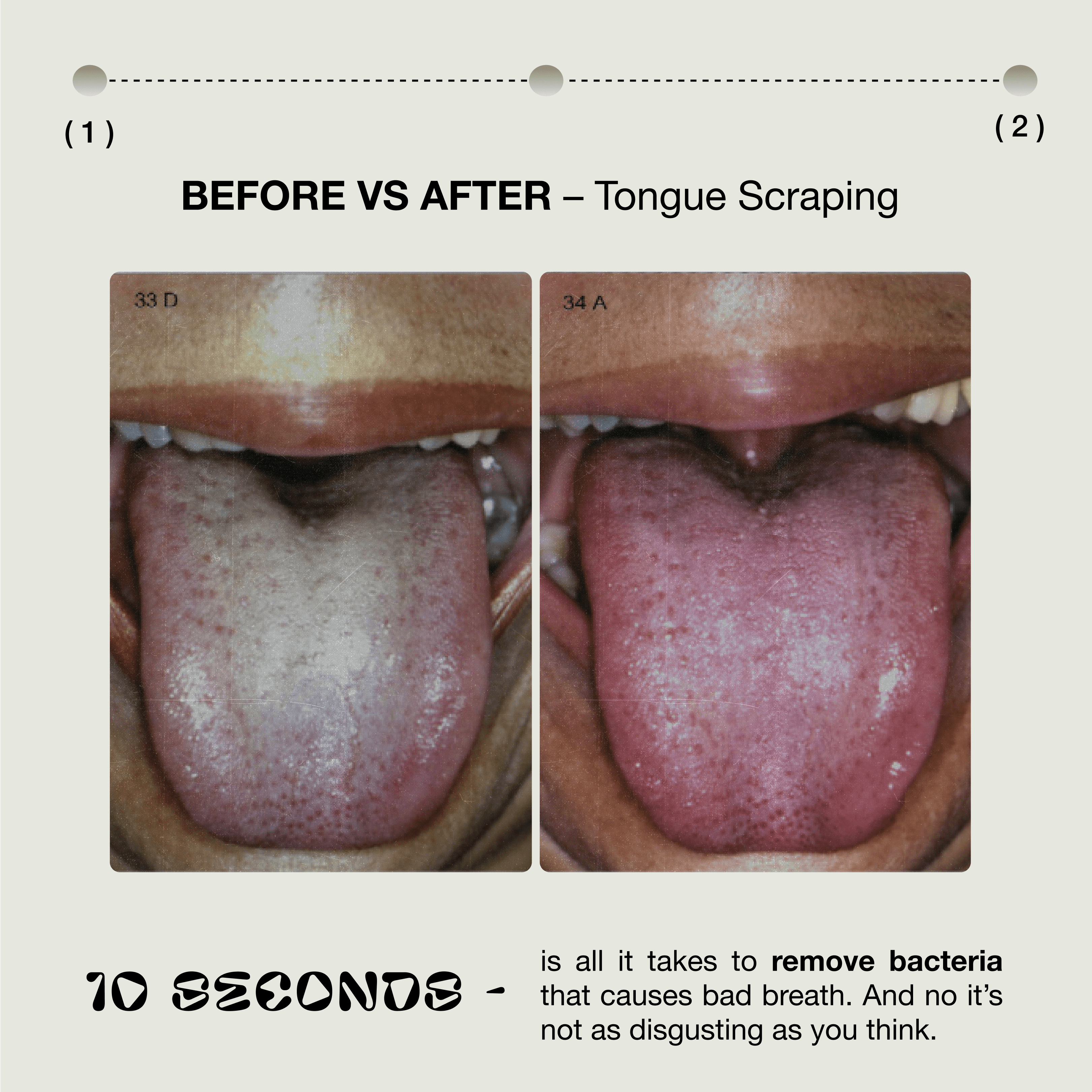
So, let’s get into it—tongue scraping and gut health aren’t just buzzwords. They’re quietly teamed up, living rent-free in your mouth, waiting to help you out. Stick with me and I’ll break it down, in a no-fluff, slightly rambly, totally human way.
Behind the Scenes: The Microbial Magic Show
Have you ever noticed your tongue feeling, well…fuzzy? Like a neglected old bath towel? Turns out, there’s a lot happening on that pink real estate. The tongue is a microbial hub, second only to your gut in terms of sheer diversity of bacteria. (I know—eek, but also, wow.) According to research on tongue scraping’s effect on oral microbiome, your tongue is home to about 700 species of bacteria, fungi, and even some viruses (UCLA Health).
Why does this matter? Because those tiny critters help convert nutrients from your food—especially things like leafy greens—into something called nitric oxide. This molecule does wonders, like relaxing your blood vessels (hello, healthy blood pressure) and, more importantly for us foodies, it plays a quiet but mighty role in gut function (Frontiers in Cellular and Infection Microbiology).
So, Scraping = Good? Always?
Here’s where it gets interesting. I used to think “scraping” meant scrubbing my tongue raw, but that can actually backfire. Too much brushing or harsh scraping could disrupt that delicate mix of helpful microbes, and that’s bad news for your body’s nitrate-to-nitric oxide conversion system. Mess with your mouth like a bulldozer, and you could get cranky digestion—or even mess with your blood pressure (UCLA Health).
So don’t panic-scrape—but don’t ignore your tongue, either. The sweet spot? Regular, gentle tongue cleaning to remove debris without flattening your tongue’s entire microbial “neighborhood”. Those little helpers will thank you, promise.
Gut Feeling: How Your Tongue and Digestive System Team Up
Imagine your tongue as the gatekeeper to your gut. What happens on its surface isn’t just an “oral” affair—it actually sets the tone for the entire digestive show that follows.
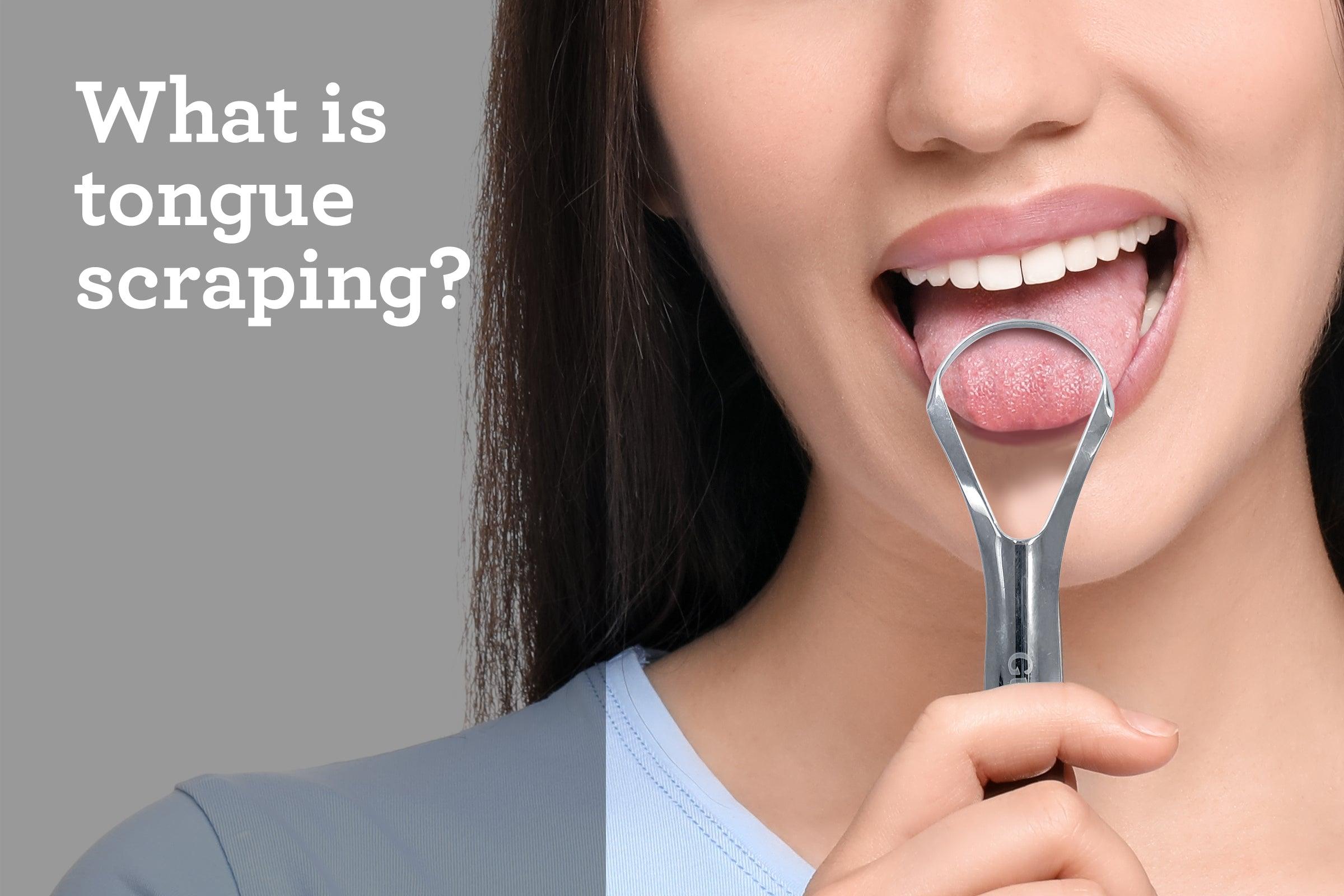
Okay, so here’s where my own nonsense comes in: I used to randomly start tongue scraping right before vacations (don’t ask why), and every time, I’d swear my stomach felt less heavy and I wasn’t as bloated—especially after trying wild, spicy street food. Turns out, there’s science to back this up. Regular tongue cleaning can shape your tongue’s microbiome, helping your body turn nitrates in veggies into stuff that soothes your system from top to bottom (clinical studies).
So… What’s Actually Happening?
When you clean your tongue, you’re sweeping away dead cells, food bits, and gunk—yeah, it’s gross, but all that buildup can throw your gut out of whack. The better you manage those bacteria, the smoother things go downstream.
Quick Table: What Tongue Scraping Does for Your Gut
| Benefit | What’s Going On | Why It Matters |
|---|---|---|
| Removes Bad Bacteria | Eliminates the offenders causing bad breath and inflammation | Reduces risk of sending bad bacteria into gut |
| Boosts Nitric Oxide | Helps microbes convert nitrates for blood flow and digestion | Good for circulation and gut-friendly signaling |
| Improves Taste | Unclogs taste buds coated in debris | Enjoy food, possibly eat more intuitively (see Tongue scraping weight loss) |
| Reduces Bloating | Lowers toxin and bacteria transfer | Promotes smoother digestion, less discomfort |
Honestly, after getting into this, I started paying more attention to how my belly felt after certain meals… and how much fresher everything tasted. Is it placebo? Maybe a little. But when you notice gentle improvements in your digestion, it feels like a small superpower.
Mistakes I’ve Made (So You Don’t Have To): Tongue Scraping Side Effects
This isn’t magic—there are some tripwires. Take it from someone who got very excited and overdid it, scraping twice a day for a week straight until my tongue felt raw and angry. Learn from me!

Gentle is the name of the game. Scrape with too much muscle or frequency and you could irritate tongue tissue, trigger a gag reflex (awkward), or in super rare cases, upset your oral microbiome’s balance. If you’re curious about specifics, check outTongue scraping side effects for the gritty details.
How to Scrape Without Backlash
Pick a scraper—metal or plastic, both have fans. (Heck, I used a spoon at first!) Stick out your tongue, start at the back, and gently drag forward. Rinse, repeat a handful of times, then move on with your day.
No, you don’t need to go wild. Once a day—preferably in the morning after brushing—is more than enough for most folks. Feeling adventurous? Try pairing with probiotic yogurt for an extra little nudge in the gut department.
Personal Pro Tip
I keep my tongue scraper near my toothbrush so it’s impossible to forget. On days when I skip (I’m human!), my mouth just feels…off. You’ll get it once you notice the difference. Promise.
What Does the Science Say? Are We Just Chasing Wellness Trends?
You know how everyone online is suddenly into some ancient wellness trick? Sometimes it is just a trend. But tongue scraping and gut health actually have some jaw-dropping studies behind them. Regular, proper tongue cleaning can help your tongue’s bacteria improve their role in nitrate reduction, which may indirectly boost digestion and overall health (clinical research).
It’s not just “woo.” A 2019 study found that people who scrape their tongues regularly had a tongue microbiome better equipped to process those healthy nitrates from leafy greens and veggies into actions that help the whole body—heart, gut, and immunity.
And, tongue cleaning isn’t just about scaring away bad breath (though that’s a legit perk, too). Effective tongue scraping was proven to reduce volatile sulfur compounds—the real villains behind strong mouth odors—significantly more than brushing alone (studies on oral malodor). Bad breath might seem trivial, but it’s really your mouth trying to tell you something about your whole system.
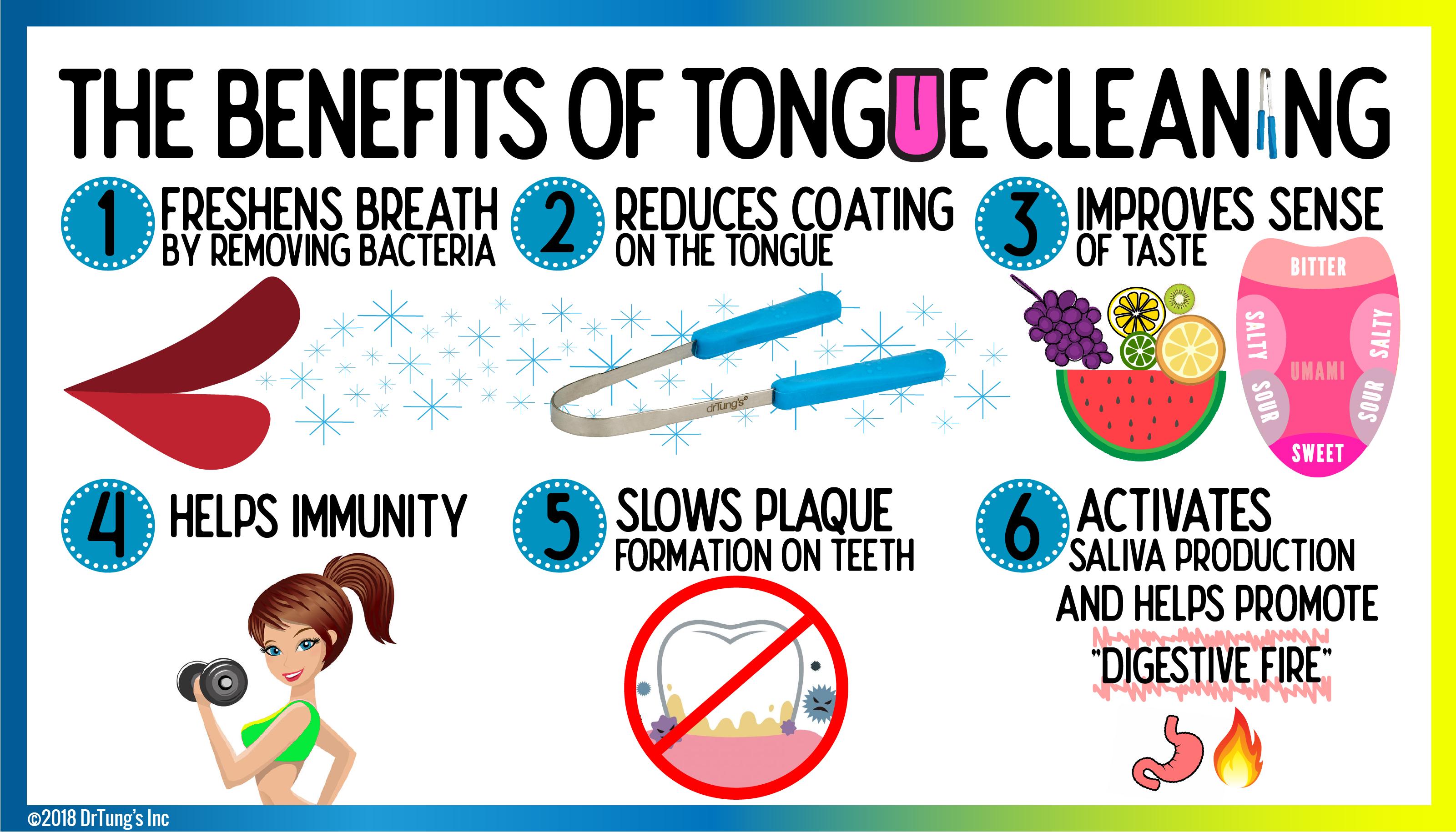
Admittedly, the nitty-gritty science of how this directly connects to dramatic digestive improvements isn’t ironclad yet—but microbiome studies strongly suggest the mouth and gut aren’t working in isolation (practical oral health tips).
Weight Loss, Taste Buds, and Cravings
This is where it gets spicy (pun intended). When your taste buds are free of gunk, foods taste more intense. Simple foods become satisfying, which—at least in my case—has meant less random snacking and fewer wild cravings. People even speculate about a link between Tongue scraping weight loss and mindfulness around eating. Makes sense, honestly.
So if you wanted an excuse to pause before raiding the snack shelf, tongue scraping might just buy you that extra moment of clarity.
Setting Up Your Routine: Make It Your Own
Ready to try? Or maybe you’re still on the fence—totally fair! Here’s a painless way to experiment, whether you’re a hardcore wellness lover or a creature of breakfast habit.
Get Started (Without Overthinking)
- Buy a scraper or start with a clean spoon. (No shame—worked for me!)
- After brushing, gently scrape your tongue from back to front 2–5 times.
- Rinse the scraper after every pass.
- Follow up with your usual floss, rinse, maybe a dance for fun (optional, but encouraged).
Honestly, that’s it. Simple. Fast. Not super-glamorous, but weirdly satisfying.
Low-Pressure, Low-Cost Wellness
Don’t expect miracles overnight! This stuff works best as a slow build—the little wins (hello, bloat-free mornings) add up. Notice how your mouth feels, how your food tastes, even how your mood is after meals. Or totally ignore it for a week, then try again. Real-life wellness means sometimes missing days and shrugging it off…and that’s fine!
As you go, keep an eye out for Tongue scraping side effects (rare, but worth a peek). If your tongue gets sore, just back off a bit and let things settle.
Gut Check: Your Microbiome is Rooting for You
So, let’s tie this up with a gentle nudge: your journey to feeling brighter and lighter might just start with that unassuming tongue scraper. Tongue scraping and gut health truly go hand-in-hand—maybe not in an earth-shattering way, but in the steady, supportive way that tiny habits stack up to real change.

To recap: Give your tongue some attention, but keep it kind. Scraping, when done right, helps clear out the gunk, support good bacteria, and invite easier digestion and crisp, guilt-free breathing. And who doesn’t want that?
Try it for a week and see what shifts. Maybe it’s just your taste buds coming alive. Maybe it’s your stomach sighing in relief. Or maybe—like me—you’ll find yourself singing the praises of a once-overlooked wellness hack. Either way, keep growing, stay curious, and give your gut the love it quietly craves.
I’m legitimately curious—what’s your experience with tongue scraping? Any jaw-dropping changes or total flops? Drop a comment, or just chat with a friend about it. Small steps add up…and hey, good vibes (and good gut health) are contagious.

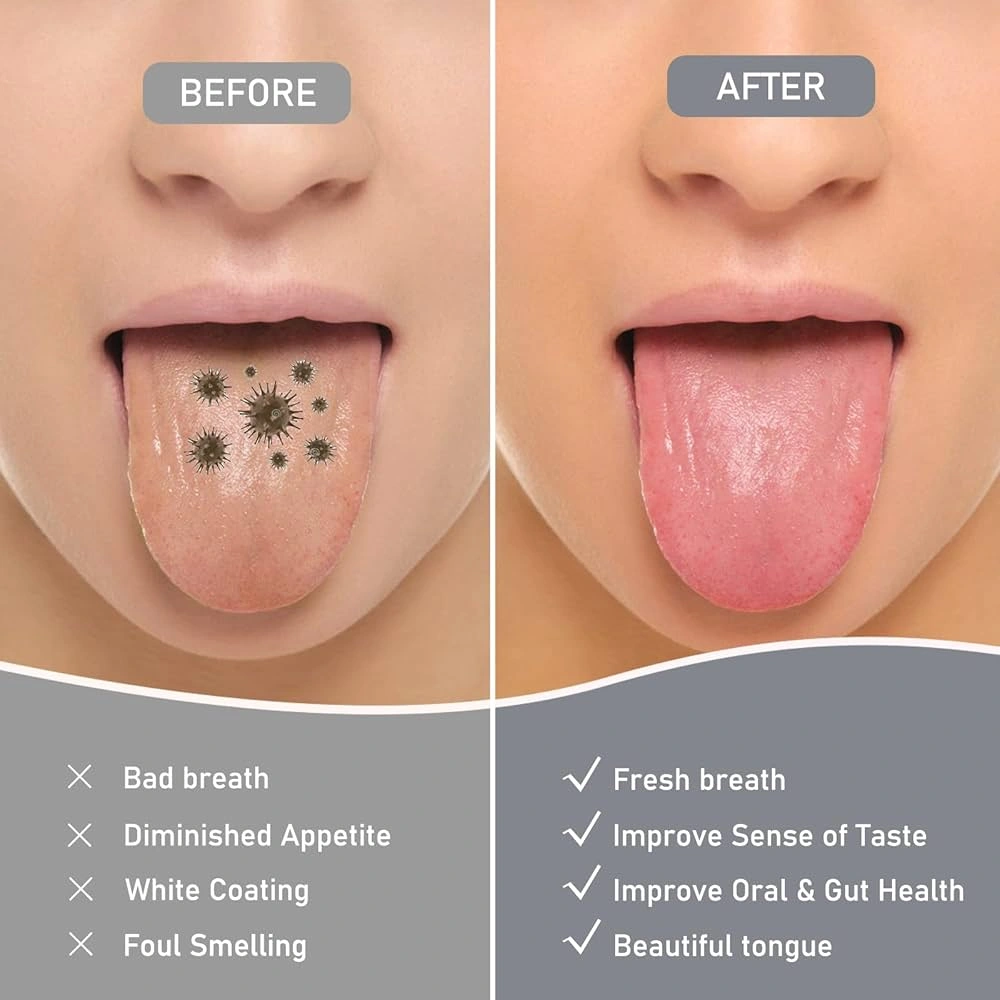
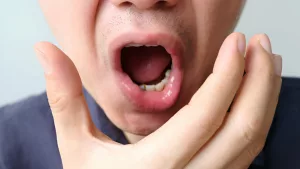
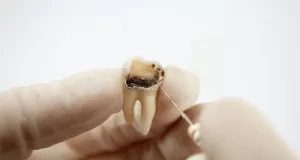
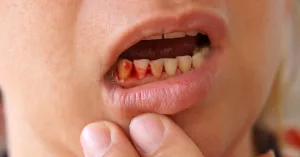
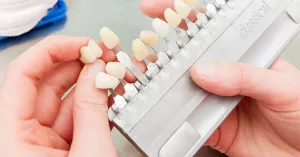

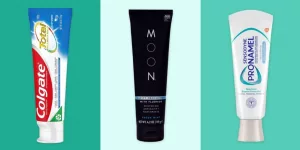
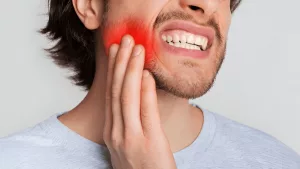





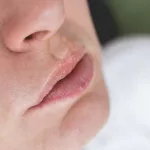





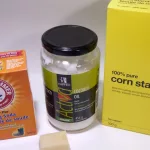




Leave a Reply
You must be logged in to post a comment.